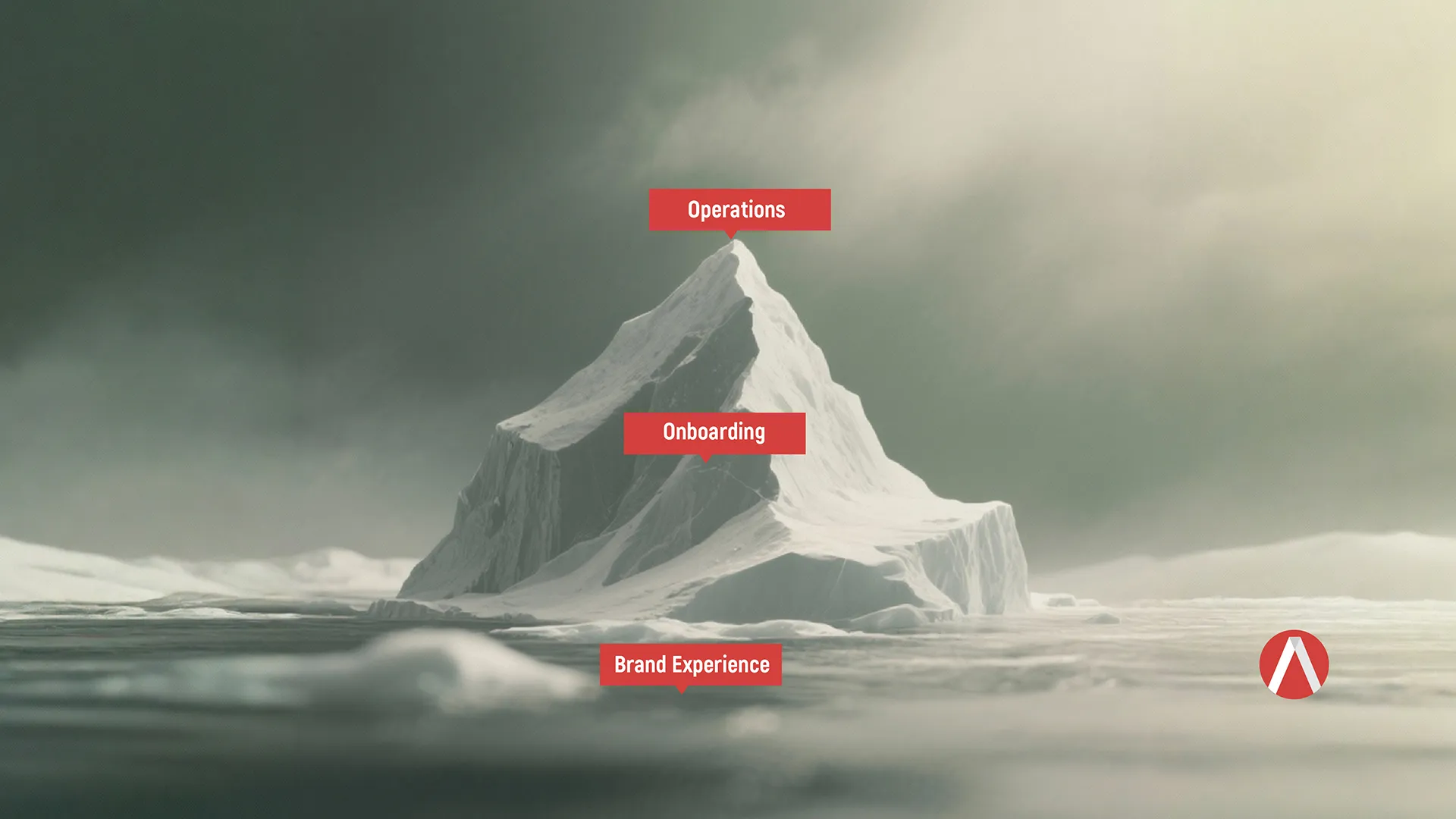Great passion for your product and your business at startup is a given and essential.
However, too often this great passion can mislead startups into believing that their product is so great, it will just sell itself, which is the #1 mistake a startup can make and a recipe for failure.
A great product deserves great marketing but it is especially challenging with the limited resources (time, talent, and money) that characterize most startups. Other common mistakes include:
- Go big or go home! Spending too much.
Don’t let perfect be the enemy of good enough, and let it get in the way of moving forward. Too often startups spend way too much in the beginning to achieve perfect branding, and move too slow, waiting to get things ”just right.“ Launch that website, even if you know you will be tweaking the copy.
Also, over investing in big ticket items too early is a mistake. Of course, you want to make a big splash. But the industry’s biggest trade show or a bill board in Time Square (or even the corner of 1st and Main) is probably too much too soon.
Not only will you blow your budget at the starting line, but startup brands almost always evolve, and should evolve based on learnings from the marketplace, so striving for perfect early on is a waste of money. Instead, strategic, measured steps will help you better understand what works in your marketplace allowing you to more effectively and efficiently reach your consumer.
- Do-it-yourself everything. Spending too little money.
Bootstrapping = do it yourself. However, there are some things you should be prepared to pay select outside expertise to keep you moving forward.
What should you do yourself vs. outsource? That depends on the needs of your industry, what skills your team brings to the table, and how much time you can invest.
For example, if you are a great photographer, a master at social, and have a friend that can get your website started, own it and save money. But you may consider outsourcing media relations for your launch.
Few people have the expertise in everything necessary for good marketing. Paying to get something done well and quickly will free you up and keep you moving forward to accomplish everything else pressing on your startup to do list.
- I’ll take a hat with that t-shirt!
Spending too much time, focus, and money on swag.
We get it. Wearing a shirt with your company name on it has been a vision since the day the lightbulb went on. And, indeed, some branded material may be needed. But too often startups spend more time picking shirt colors than they do investing in developing a good overall marketing strategy. Also, see #2. When the brand evolves, this stuff will be out of date and a waste of money.
- We are the best, so we hire the best.
Hiring the best in-house marketing talent at the beginning can also be a mistake. Agencies, independent freelancers, and even interns can offer you more flexibility and a greater breadth of skill sets at a lower cost early on. Additionally, as you learn your marketplace you will have a better understanding of the priority expertise you are looking for when you do hire.
- If you can’t count it, it doesn’t count.
ROI matters and you should measure EVERYTHING, but also understand that building brands and awareness can’t always be measured in the same way PPC campaigns are. Put pixels, coupon codes, and unique trackers on absolutely everything you do and ruthlessly test and measure results. But news coverage, influencer marketing, and special events are just some examples of branding that don’t necessarily translate into immediate web clicks, but that work to build your story. Everything still needs to be measured and evaluated, but recognize that effect and results are different. Do not let someone tell you that branding efforts can’t be measured (walk away fast from anyone who suggests such a thing!) but understand that investing in branding is as essential as spending for conversion.
It is inevitable you will make mistakes. But investing time to build a strategy and measure results will allow you to turn your mistakes into learnings for more effective marketing going forward.






